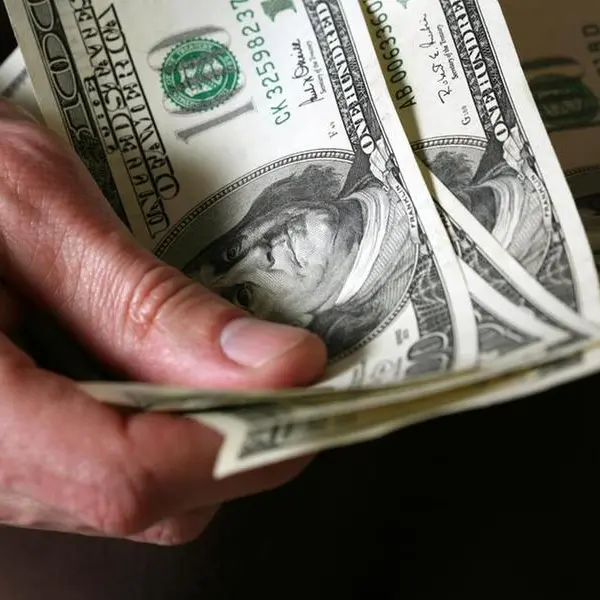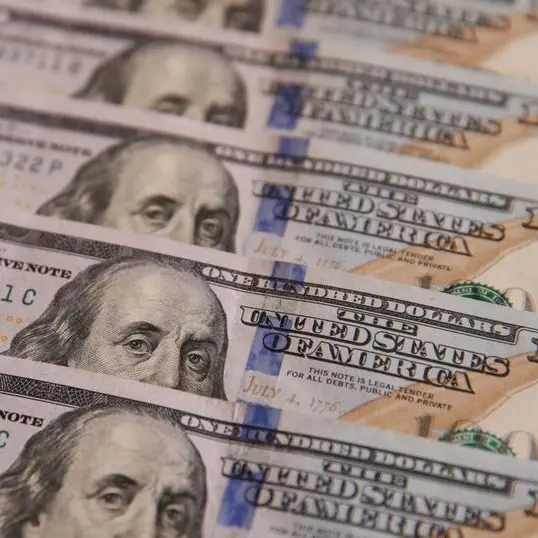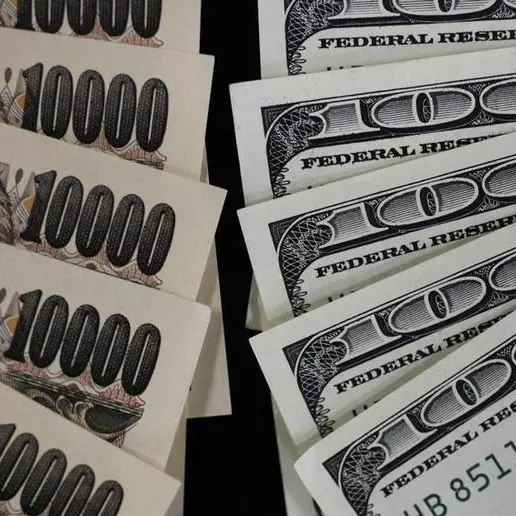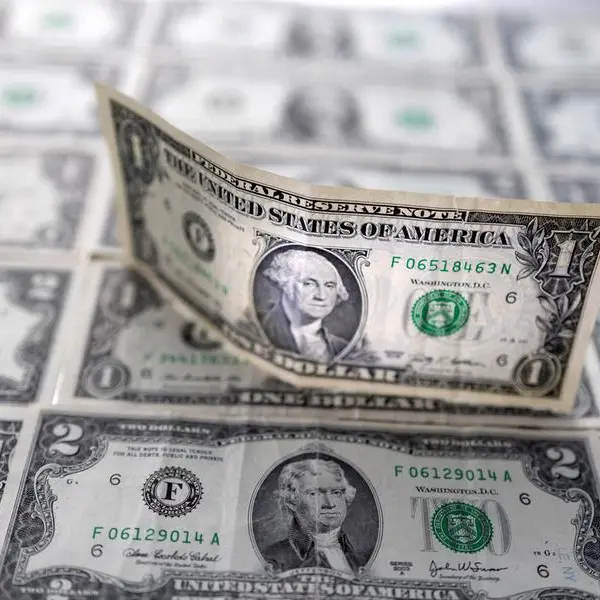PHOTO
CANBERRA: Chicago wheat, corn and soybean futures lost some ground on Monday after rapid gains last week, as a fast-weakening dollar made U.S. farm goods more competitive on the global market.
FUNDAMENTALS
* The most-active corn contract on the Chicago Board of Trade (CBOT) was down 0.6% at $4.87-1/4 a bushel at 0130 GMT after rising 6.5% last week, its biggest weekly gain since May 2023.
* CBOT soybeans fell 0.3% to $10.40 a bushel having climbed 6.7% last week, the most for any week since July 2022.
* Wheat slipped 1% to $5.50-1/4 a bushel following a 5.1% weekly gain, the largest since November 2024.
* U.S. President Trump's tariff policies have hammered the U.S. dollar, which fell on Friday to its lowest since April 2022, and was hovering not far from those lows on Monday.
* Following Trump's decision last week to pause many of his tariff increases, traders hope trade negotiations can prevent the closing off of U.S. export markets.
* Thailand on Friday said it would cut tariffs on imports of U.S. corn but that volumes still needed to be finalised.
* The U.S. Department of Agriculture had tightened its outlooks for U.S. supply corn and to a lesser extent soybeans last week, helping support prices.
* Analysts said the U.S. soybean crush likely increased in March to a record high level for the month. A National Oilseed Processors Association report is due on Tuesday.
* Heavy rains in Argentina are raising fears of soybean losses and delayed sales, but drier weather on the horizon should bring relief, people in the industry said.
* Ratings of French soft wheat crops showed 75% were in good or excellent condition by April 7, down from 76% a week earlier but up from 64% in the same week last year, data from farm office FranceAgriMer showed.
MARKETS NEWS
* Wall Street share futures rallied in Asia on Monday after the White House exempted smartphones and computers from "reciprocal" U.S. tariffs, though gains were limited as President Donald Trump warned levies were still likely at some point. (Reporting by Peter Hobson; Editing by Varun H K)





















